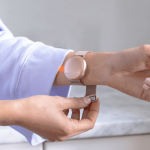Motherhood
Expert insight: A NHS midwife reviews the Ardo Melia wearable breast pump
By an NHS midwife
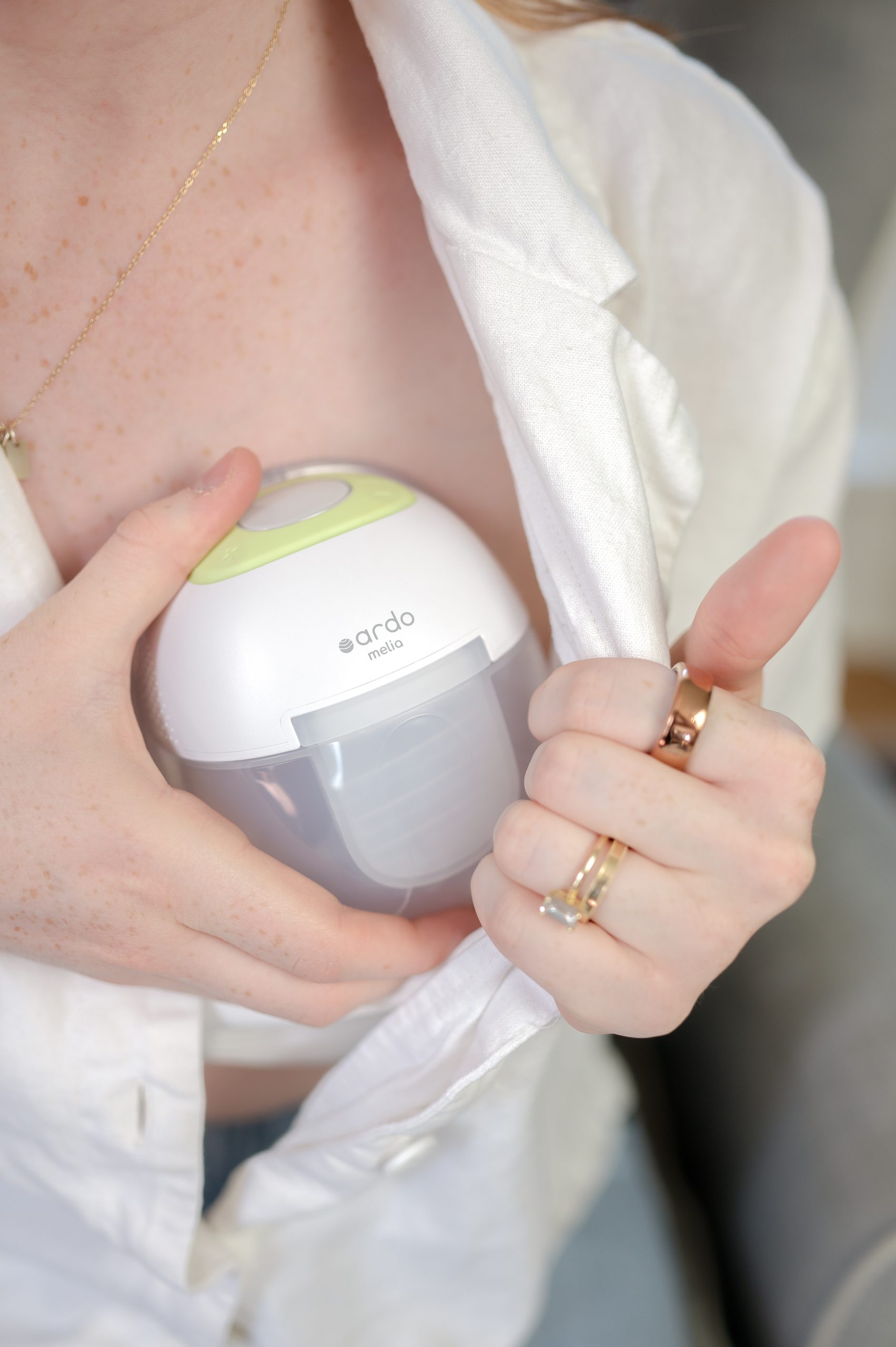
I was fortunate to have the amazing opportunity to be gifted the new Ardo Melia double breast pump in return for an honest review of the product.
As a midwife I am aware of the multiple brands available and how confusing it can be to know which product to go for and more importantly that everyone is different in terms of what works for them.
I know this all too well as I am now on my 2nd breastfeeding/pumping journey with my second child.
My first breastfeeding journey was not plain sailing as I found a lot of products didn’t work for me as I was faced with many barriers from struggling to find a good fit for my breasts, to being unable to pump a consistent good milk output without causing pain and discomfort.
For this reason, I was determined to find something this time that worked for me that made pumping easier being a busy mum of two.
Therefore, when Ardo was willing to give me this opportunity, I was very eager to try one of their products due to their good reputation.
However, my review is not influenced in any way by this and is my honest and personal opinion on my experience using the pump.
First Impressions
The delivery of the product was amazing as I received it the following day which I believe is important considering how essential these products are to the user.
One of my initial discoveries when opening the box is that it was well packaged and there were the nipple sizing cut outs are on the inside of the box itself which is a genius idea, making it easier to find the right size for you (as this is not something that I have found to be provided with alternative products).
You immediately get a sense that they care about the consumer and want you to get the most out of the product.
Out of all the pumps I’ve used this is the first one I’ve come across with this included as most others require you to source this yourself.
I personally didn’t require it as I already did know my size and had ordered the inserts to use alongside the pump but its good tool for someone who might be struggling.
Another massive bonus is you get a double pump as standard, meaning you don’t need to purchase two pumps separately.
The product itself is very compact, lightweight and attractive looking, with the parts being very high quality and very easy to put together.
Everything you need comes with the pumps including bra extenders which I found very useful and was a nice touch.
The pumps do come with 24mm breast shields and 19mm inserts which again is excellent to receive as standard, my only suggestion would be to include an option for the consumer to be able to choose the size insert at purchase rather than just receiving the 19mm, as for some people like me, an additional set would need to be purchased for it to be useful.
Using the pump
The pump is very easy to use and has a good variety of settings for you to find a mode that works for you.
I found I did have a few teething issues with getting the pump to work for me but the customer service team are absolutely fantastic, providing me with lots of support and guidance which allowed me to get the most out of the pump and did rectify the issues I was having.
It also made me more aware of how much the environmental elements and stress levels can contribute to the success of a pumping session regardless of equipment.
My historical experiences of wearable breast pumps in particular was very poor, and I gave up with them during my 1st journey, but much to my surprise the Melia has been a game changer for me.
They are relatively easy to put together and use, with the hardest aspect being to ensure your nipple is centred correctly, but once you have used a few times this soon becomes second nature.
The seal is excellent, and I have had no issues at all with leaking during use, even when doing light housework which gives you the ability to be mobile whilst pumping if required.
Whilst wearing them they are so comfortable thanks to the silicone shield which fit my breast more naturally, and I feel this added to the overall comfort during the pumping session, to the point where at time I couldn’t even tell they were on in some instances.
The vacuum power is powerful but also so gentle at the same time further adding to the comfort level.
The pump is also very customisable to the user allowing you up to 15 adjustable vacuum levels; having this function allowed me to easily find a level that was comfortable and most effective for me.
The pumps LED display is very user friendly giving you useful information including the mode and how long you have been pumping.
The buttons are located at the top of the pump making it very easy to switch and change modes as required.
The pump does have a 20 minute cut off function; this is probably one of my least favourite functions and it would be better if this could be switched on and off, as I found that I often had to pump for at least 30 minutes to get my desired output meaning I had to frequently had to turn it back on which was a little frustrating.
However, the pump does remember what setting you were using prior to shutting off so it’s very quick to resume the pumping so it isn’t the end of the world.
The pump can be used discreetly and is relatively quiet, fitting nicely into your bra.
The battery life is good and allows you to get multiple pumps out of a single charge.
One of the worst parts about pumping is the cleaning and sterilizing but the Melia is very compact and easy to clean which makes it even more appealing.
Finally, once you have finished pumping there is a little pouring spot at the top of the shield which is very handy and stops you from spilling any milk.
Overall if you want a pump that is powerful yet comfortable, easy to maintain and most importantly portable and discrete, then I would definitely recommend the Melia.
The pump has changed my perspective on wearable breast pumps as I’ve finally found one that works for me, but it has also changed my whole opinion on pumps in general, due to the quality of Ardo’s products and how comfortable their pump is compared to others I’ve used in the past.
Going forward Ardo will always be my go-to as the whole experience has been such a positive one and I also feel they go the extra mile for the consumer whether that be via email, phone calls or even through there wide range of video resources on their website.
Looking at the cost I feel the pumps are very affordable considering the high standard you are getting and even replacement parts/ accessories are very affordable compared to other brands on the market.
Thank you again Ardo for this amazing experience and for making my breastfeeding and pumping journey this time around a better one.
News
Health Secretary announces inquiry into Leeds maternity services
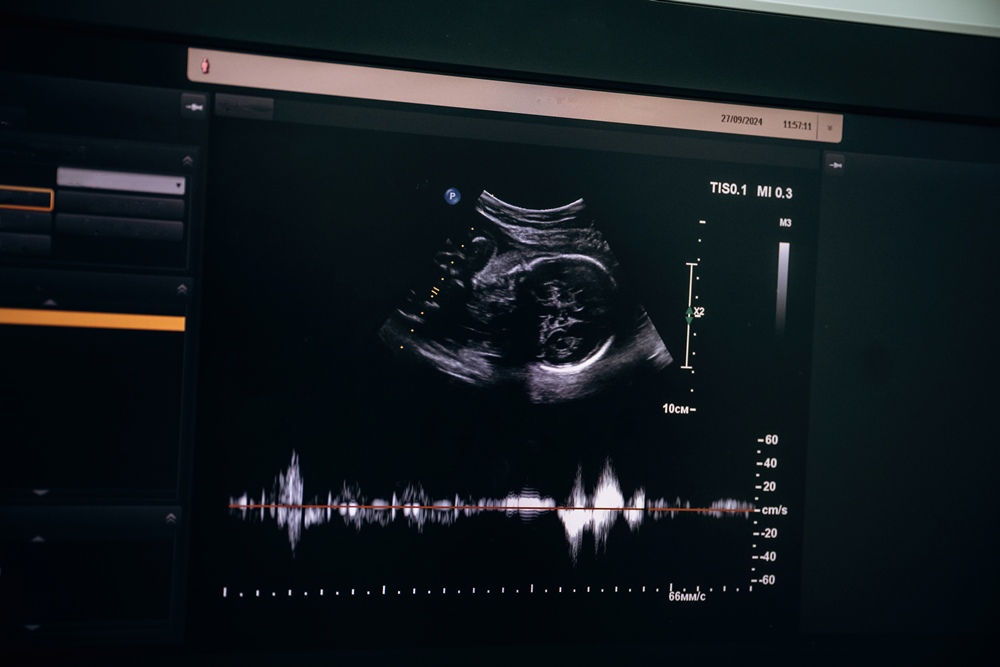
An independent inquiry will be launched into Leeds maternity services following a parent-led campaign over care failures stretching back 14 years.
Health secretary Wes Streeting said he was deeply concerned about problems at Leeds Teaching Hospitals NHS Trust, calling it “a real outlier” for perinatal mortality — deaths around the time of birth — compared with other hospitals nationally.
The announcement follows maternity services at the trust being rated “inadequate” after an unannounced Care Quality Commission inspection in December and January.
A subsequent NHS England report raised “significant” concerns about safety and quality of care.
After meeting affected parents in the city, Streeting said the trust — which runs maternity units at Leeds General Infirmary and St James’s Hospital — required scrutiny similar to the ongoing Nottingham maternity inquiry.
“I’ve decided that we need a Nottingham-style independent inquiry into what’s going on with maternity and neonatal services in Leeds,” he said.
“I think we need clear answers, accountability and improvement… I do think we need that independent look, not just for what’s happening now but stretching back to historic cases as well.”
The Nottingham review — the largest maternity inquiry of its kind — has examined hundreds of baby deaths and injuries at Nottingham University Hospitals.
It has led to the NHS paying out tens of millions of pounds for claims dating back to 2006 and prompted a police investigation, with findings expected next year.
Dozens of baby deaths in Leeds in recent years are thought to have been preventable.
Families affected by avoidable deaths of babies or mothers have long campaigned for an independent investigation.
Streeting has already commissioned a national review of NHS maternity services but said Leeds was an “exceptional case” that warranted its own inquiry.
“I don’t want to drown the NHS across the country in a whole series of local reviews into what I think is a national problem,” he said.
“But I have been persuaded, having been to Leeds recently to listen to families and look at the data.
“Given the challenges still evident — not least from the most recent Care Quality Commission inspection — and Leeds’s scale as one of the largest teaching hospitals in Europe, I think all of those things point to Leeds as an exceptional case for this kind of inquiry.”
He said details of the inquiry’s scope would be announced soon.
“I’ll proceed without fear or favour. If there are individuals who need to be held to account, I will ensure accountability.
“Where systemic improvements are needed, I will make sure they happen, and that’s why I believe this specific investigation is necessary.”
Campaigners welcomed the decision, describing the current system as “rotten”.
Fiona Wisner-Ramm and Daniel Ramm, whose daughter Aliona died 27 minutes after birth in 2020 following what an inquest described as “gross failures” in care, have been among those leading the campaign.
“This means that Leeds Teaching Hospitals NHS Trust will now be properly investigated, allowing for meaningful changes to its culture and practices,” they said in a statement.
“We hope that this inquiry will finally break the cycle of repeated errors and inadequate leadership, helping to prevent further deaths and injuries to mothers and babies.”
Diagnosis
Protective immune cells in breastfeeding women guard against breast cancer, research finds

Women who breastfeed develop protective immune cells that help guard against breast cancer, with effects lasting for more than 30 years, new research shows.
The study found that specialised T-cells — immune cells that fight disease — remain in breast tissue long after pregnancy and provide lasting protection, particularly against triple-negative breast cancer, one of the most aggressive forms.
Observations dating back to the 18th century, when physicians noticed nuns had some of the highest rates of breast cancer, first hinted that childbearing and breastfeeding could protect against the disease.
Modern research has confirmed this link, though the biological explanation was unclear.
Professor Sherene Loi is senior author and clinician scientist at the Peter MacCallum Cancer Centre.
The researcher said: “The key take-home messages are that pregnancy and breastfeeding will leave behind long-lived protective immune cells in the breast and the body, and these cells help to reduce risk and improve defence against breast cancer, particularly triple-negative breast cancer, but potentially other cancers as well as disease.”
Researchers from the Peter MacCallum Cancer Centre in Melbourne studied non-cancerous breast tissue from more than 260 women who had undergone breast reduction or preventive surgery.
They found that women who had given birth had more specialised immune cells called CD8⁺ T-cells — part of the adaptive immune system that targets specific threats, including cancer.
The team then tested whether these cells directly provided protection.
In mice, cancer cells implanted into breast tissue grew less in those that had pups and breastfed compared with those that had not. When the researchers removed the T-cells from the nursing mice, the protective effect disappeared.
The researchers also analysed data from more than 1,000 breast cancer patients diagnosed after childbirth with available breastfeeding records.
Women who had breastfed had better outcomes from triple-negative breast cancer than those who had not. Their tumours also contained more immune cells, suggesting ongoing immune activity against the cancer.
The study provides an explanation for why breastfeeding appears protective, and the findings could help inform new strategies for women unable to have children or breastfeed.
Understanding the underlying biology may aid development of vaccines or therapies that mimic this natural defence.
Professor Loi said: “The effects are really quite small for every individual, but population-wide the effects are large.”
She stressed that breastfeeding does not guarantee protection against breast cancer, noting it is “not a 100 per cent guarantee that they won’t get breast cancer.”
The study also explored why some breast cancers contain high numbers of specialised immune cells while others do not.
Patients with more of these cells generally had better outcomes, particularly with triple-negative breast cancer.
Professor Loi explained that T-cells react not only to viruses or bacteria but also to cancer, describing this response as “one of our very modern therapeutic weapons against cancer.”
Associate Professor Wendy Ingman from the University of Adelaide’s Medical School said longer breastfeeding duration provided greater benefits.
Each year of breastfeeding is linked to a 4 per cent lifetime reduction in the mother’s breast cancer risk.
“This study shows that having babies and breastfeeding causes long-lasting changes in immune cells that could help protect the breast from cancer,” Ingman said.
“I’m hopeful that this type of research will lead to new approaches to reduce women’s breast cancer risk.”
News
Psilocybin may make postpartum depression worse, study finds

Psilocybin may heighten anxiety and depression in new mothers rather than help treat postpartum mental health conditions, research suggests.
Scientists found that giving mouse mothers the psychedelic drug – the active compound in magic mushrooms – increased anxiety and depressive-like behaviour linked to perinatal mood disorders, which are mental health conditions that can develop during or after pregnancy.
The results challenge assumptions about psilocybin’s therapeutic use, indicating it may not be suitable for all patient groups.
David E. Olson, director of the IPN and professor of chemistry, biochemistry and molecular medicine at UC Davis, said: “The IPN has done a lot of work demonstrating that a single dose of a psychedelic can lead to long-lasting, beneficial effects.
“But it’s a little more nuanced than that in terms of who can really benefit and who might be at risk.
“There are different patient populations.”
Researchers at the University of California, Davis Institute for Psychedelics and Neurotherapeutics tested the drug in a mouse model of postpartum depression.
In this model, mothers could escape into a separate cage, mimicking the infant avoidance seen in human postpartum depression.
The negative effects persisted for two weeks after a single dose.
More concerning, pups raised by psilocybin-treated mothers also showed anxiety and depression-like symptoms into adulthood, suggesting harmful effects were passed on through lactation and altered brain development.
Co-author Danielle Stolzenberg, associate professor of psychology at UC Davis, said: “One of the things that’s discussed consistently in the clinical literature is that mums often feel like they have trouble bonding with their infants when they’re experiencing depressive symptoms.
“The mouse mums in the social stress paradigm spend significantly more time in the cage without the pups.
“They will often run back and forth to check on them but tend to actively avoid their infants for long periods of time.”
The team had expected positive results given psilocybin’s reported benefits for other mental health conditions.
“Psilocybin was of such interest for us because it’s been demonstrated to be useful across a whole host of mental disorders, including addressing anxiety and depression,” said first author Cassandra Hatzipantelis, a postdoctoral fellow at the IPN.
“We thought it could have the ability to address things that go wrong in postpartum depression, like the parent-infant connection.”
Instead, the mouse mothers continued to avoid their offspring and showed persistent symptoms even after separation.
Psilocybin-treated mice were also at higher risk of behavioural impairments and depressive-like symptoms.
Nine weeks after weaning, both male and female offspring showed heightened anxiety and depression compared with control groups.
Their brains also contained traces of psilocin, the metabolite produced when the body processes psilocybin.
“We now know that even low doses of exposure can impact offspring for long periods of time,” Stolzenberg said.
“These could be really important therapeutics, but we also realise they have limitations, and we have to conduct rigorous science to understand what those limitations are,” Olson added.
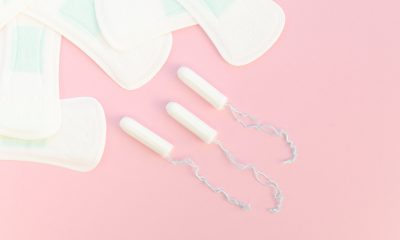
 News1 week ago
News1 week agoDozens of women report suffering painful burns after using Always sanitary towels
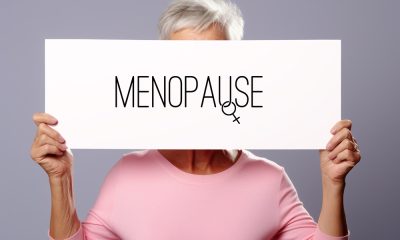
 News4 weeks ago
News4 weeks agoFDA plans to revise black box warning on menopause hormone therapies
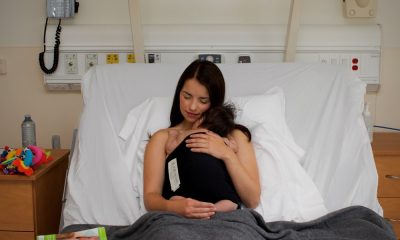
 Insight2 weeks ago
Insight2 weeks agoWomen’s health innovations recognised in TIME’s Best Inventions 2025

 Entrepreneur3 weeks ago
Entrepreneur3 weeks agoAI-powered women’s health companion Nexus launches in UK
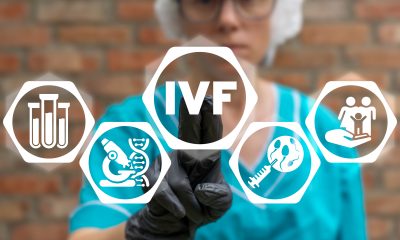
 News4 weeks ago
News4 weeks agoScientists turn human skin cells into eggs in IVF breakthrough

 News2 weeks ago
News2 weeks agoCutting through the noise in femtech – key takeaways from Women’s Health Week 2025
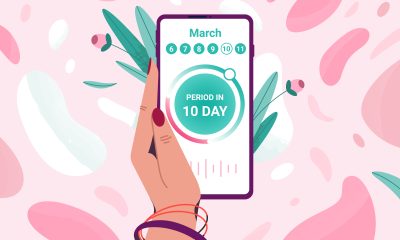
 News3 weeks ago
News3 weeks agoMenstrual cycle affects women’s reaction time, study finds
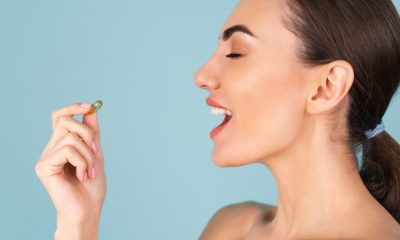
 Menopause4 weeks ago
Menopause4 weeks agoDaily pill could delay menopause ‘by years,’ study finds



























